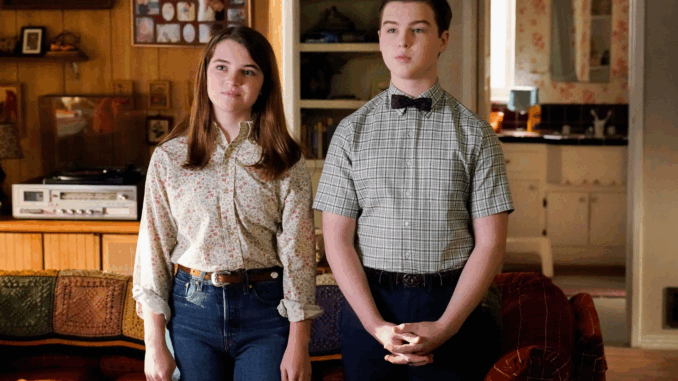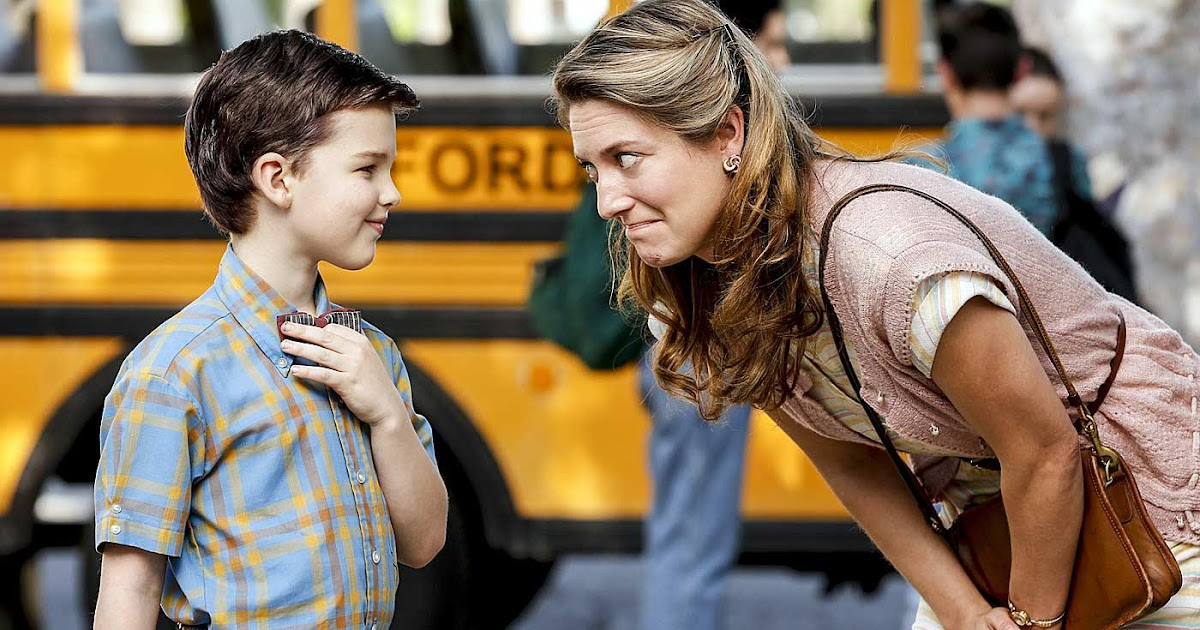
When Young Sheldon debuted in 2017, it was marketed as a quirky spin-off — a lighthearted prequel to The Big Bang Theory starring a pint-sized genius. But seven seasons later, the show leaves behind something far deeper: a poignant portrait of a family, a boy, and the challenges of growing up gifted and misunderstood in a complicated world.
By the time its finale aired this May, Young Sheldon had become one of the most emotionally resonant shows on television — and its evolution from comedy to heartfelt drama is a major part of its legacy.
A Final Season Full of Tears — and Truth
The final season of Young Sheldon wasn’t afraid to confront life’s harshest truths. The sudden and tragic death of George Sr., Sheldon’s father, marked a turning point not just in Sheldon’s life, but in the emotional tone of the show. What began as a quirky exploration of childhood became a reflection on grief, memory, and what it means to lose someone before you’re ready.
Viewers praised the finale for its sensitivity and realism. There was no over-dramatization, no background music to force emotion. Instead, we saw a family quietly grieving — each in their own way. Mary’s silence, Missy’s rebellion, Meemaw’s fierce protectiveness — it all rang true.
Jim Parsons’ narration as adult Sheldon hit a new level of emotional weight, especially when he said:
“I didn’t realize that was the last time I’d ever see my dad. But now I remember every second of it.”
A Masterclass in Slow-Build Storytelling

What made Young Sheldon unique wasn’t just what it showed — but how long it took to get there. Over seven years, the show patiently developed each character, relationship, and emotional thread. Nothing was rushed. Nothing was forced.
By the end, fans weren’t just watching a sitcom. They were invested in a living, breathing family. Every hug, every argument, every small moment landed harder because of the years spent with these characters.
From Meemaw’s snarky wisdom to Missy’s often-overlooked complexity, Young Sheldon excelled in showing that even side characters had full lives and emotional arcs.
A Different Kind of Family Drama
In a landscape filled with flashy, fast-paced TV, Young Sheldon stood out by focusing on the ordinary: school lunches, church sermons, family dinners. But in those everyday moments, it found something extraordinary — the quiet beauty of human connection.
Unlike many comedies that rely on sarcasm or slapstick, Young Sheldon found humor in authenticity. Its greatest scenes were often its simplest: Sheldon struggling to apologize, Mary trying to pray through her doubts, or Georgie working two jobs to support his young family.
This emotional realism earned the show not just a devoted fanbase, but respect from critics who once dismissed it as “just another spin-off.”
Why This Goodbye Feels Different
When The Big Bang Theory ended, it felt like the end of an era. But when Young Sheldon ended, it felt more personal. Maybe it’s because we saw these characters grow up. Maybe it’s because we saw ourselves in them. Or maybe it’s because the show reminded us — in a world of constant noise — that quiet stories still matter.
This wasn’t just a goodbye to Sheldon. It was a goodbye to East Texas, to that familiar living room couch, to late-night chats between mother and son, and to all the little moments that built a life.
The Show That Gave Us More Than We Expected
Nobody predicted that Young Sheldon would make us cry more than laugh in its final stretch. But in doing so, it proved that the best stories are the ones that grow with their characters — and with their audience.
As fans look forward to Georgie & Mandy’s First Marriage and speculate about possible future spinoffs, there’s one thing everyone agrees on: Young Sheldon wasn’t just a sitcom. It was a heartfelt coming-of-age journey that quietly redefined what television could be.
